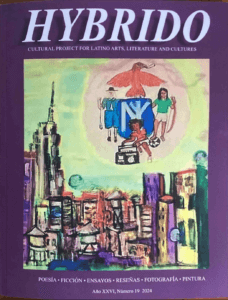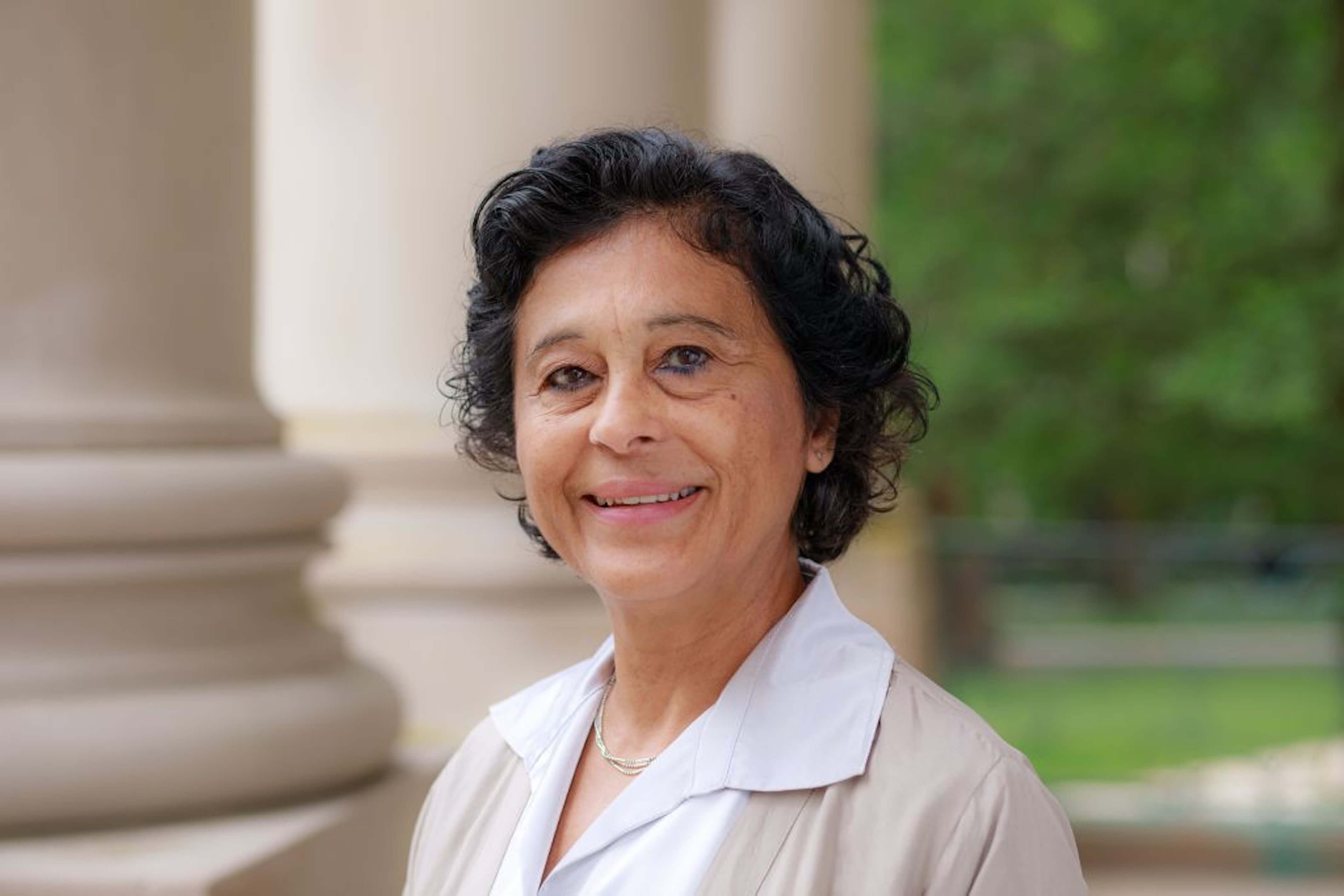Priscilla Gac-Artigas, Ph.D., professor emerita in the Department of World Languages and Cultures, recently published an article, “Colectficción: trascendiendo las fronteras del yo en la creación poética” (Collectfiction: Transcending the Frontiers of the Self in Poetry” in HYBRIDO (Year XXVI, Issue 19, Summer 2024, 41-47), a peer-reviewed, indexed cultural magazine dedicated to promoting art, culture, and literary criticism.

The article is divided into two sections: the first summarizes the theory of “collectfiction,” a literary term developed by Gac-Artigas which encourages readers to “transcend the self” while engaging with literature; the second applies this theory to the poetry of the authors studied, including Gioconda Belli (Nicaragua), María Ángeles Pérez López (Spain), Amanda Gorman (United States), Martín Espada (United States, of Puerto Rican origin), and Gustavo Gac-Artigas (Chile).
Gac-Artigas’ previous research surrounding collectfiction explored its use in drama, novels, and the arts, while other researchers have explored its application in film and theater. For the first time, this article ventures into collectfiction in poetry, discovering how some view the genre as “personal and intimate,” while others call for readers to “weave their voices into a collective chorus.”
“These poets invite us to move beyond the self and engage in a shared narrative, making their works emblematic of a new era of poetry that speaks not just for one, but for all,” said Gac-Artigas.
The literary and aesthetic resources employed in this process include intertextuality, a blend of genres, styles, and linguistic registers, humor, ludism (the incorporation of playful, game-like elements), and the metaphor of the Theatrum mundi, along with recognizable historical and cultural references to a specific generation or era.
“When we first coined the term in 2017, we sought to capture a creative process deeply rooted in personal experience, yet expansive enough to invite every reader into the narrative,” said Gac-Artigas. “What makes collectfiction truly revolutionary is its deliberate transgression of the autofictional reading pact. By shifting the narrative focus from the individual to a shared human experience, it compels readers not only to engage in an active and creative reading of the text but also to transcend the self-contained personal story to illuminate a collective one.”
Gac-Artigas is a Fulbright Scholar, a full member of the North American Academy of the Spanish Language (ANLE for its acronym in Spanish), and a correspondent member of the Royal Spanish Academy (RAE).

